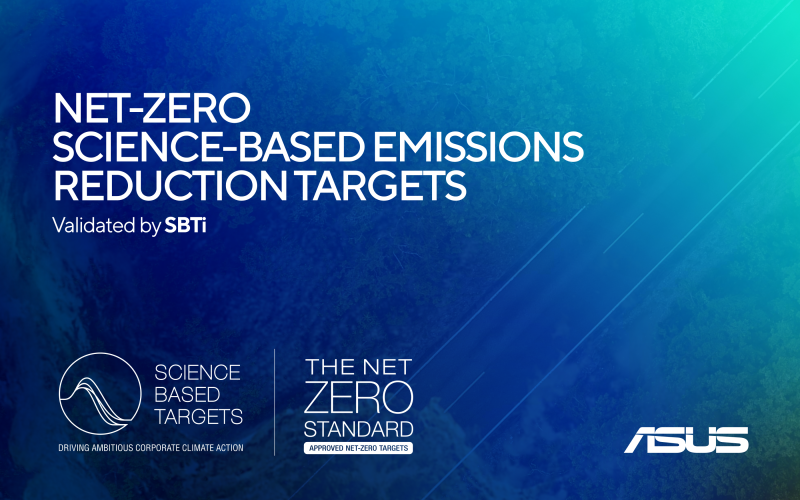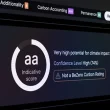ASUS’s long-term net-zero emissions reduction targets have been officially validated by the Science Based Targets initiative (SBTi), marking a significant step in the company’s decarbonisation efforts. The validation covers the company’s commitment to cut greenhouse gas (GHG) emissions by 90% across Scopes 1, 2, and 3 by 2050, aligning its climate strategy with the Paris Agreement’s 1.5°C warming threshold.
This development follows SBTi’s prior approval of ASUS’s near-term targets in 2023. The net-zero review evaluated ASUS’s emissions performance from a 2021 baseline and assessed its three-phase roadmap, which focuses on energy efficiency improvements, greater adoption of renewable energy, and the deployment of advanced technologies.
The validation process for net-zero targets requires more stringent criteria than near-term targets. Companies must align with recognised emissions reduction pathways, implement comprehensive carbon reduction plans, and complete full GHG inventories verified by third parties. Full Scope 3 emissions management, annual public disclosures, and five-year reassessments are also mandatory.
ASUS has reported progress across several operational areas. By 2024, the company achieved 55% renewable energy use across its global operations and aims to reach 100% by 2035. Its proprietary carbon data platform currently supports 118 subsidiaries and over 800 suppliers in managing emissions data and inventories.
In the supply chain, ASUS reported a 28% reduction in emissions intensity compared to a 2020 baseline. The company also highlighted efficiency improvements in its products, noting that its notebook computers exceed Energy Star efficiency standards by an average of 47.9%.
The company continues to focus on enhancing energy performance, collaborating with suppliers to develop a low-carbon value chain, and exploring technological innovations to support its emissions reduction goals.
















